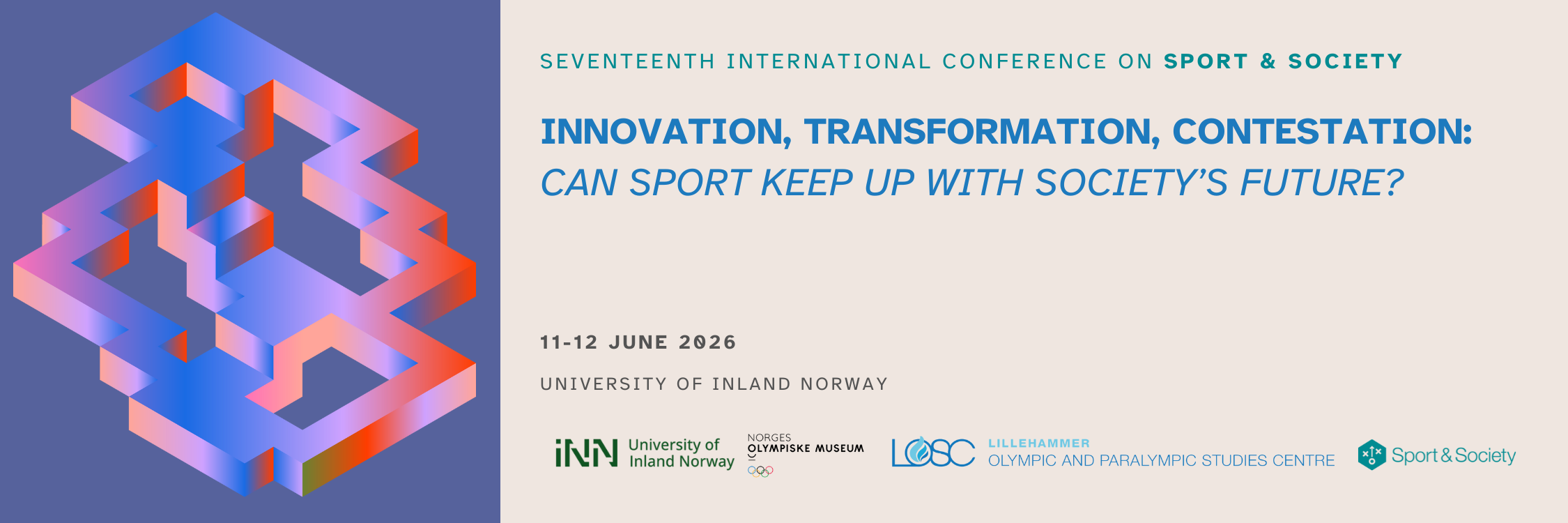Abstract
Currently our globe is facing numerous crises. Among these are the “sitting disease” and the obesity, loneliness, and “smart phone” epidemics. The German neuroscientist Manfred Spitzer sees the latter epidemic harming health and education and “digital dementia” is of growing concern. Of all existing academic disciplines, probably physical education is the most relevant of all in terms of addressing these critical crises facing humankind and its health and well-being. A key concept underlying this paper is the vitality gap, which it is imperative to reduce in all societies. This gap is the difference between life and health span. Too many people live the last years of their lives in misery. The goal here is to optimize prolonged vitality for all and joyful longevity through sports. The three research questions addressed are: 1) How can we motivate people to move more? 2) What are most enjoyable and effective exercise programs? 3) How can access to such opportunities be enhanced? To answer the research questions posed, a meta synthesis is employed. The work of about 10-15 prominent thinkers (past and present, Western, non-Western, and Indigenous) are analyzed. These are individuals who have thought seriously about exercise and its importance for both individuals and societies. Among individuals included are Plato, Confucius, the White Tara, (Tibet), Rousseau, Bates, Qi, Ratey, and Lieberman. Implications In the spirit of action science, the findings are synthesized into a new paradigm of physical education to promote prolonged vitality for all and to reduce the vitality gap.
Presenters
Gerald FryDistinguished International Professor Emeritus, Department of Organizational Leadership, Policy, and Development (OLPD), University of Minnesota, Minnesota, United States
Details
Presentation Type
Paper Presentation in a Themed Session
Theme
KEYWORDS
HEALTH CRISES, LIFE-LONG VITALITY, SPORTS FOR HEALTH

